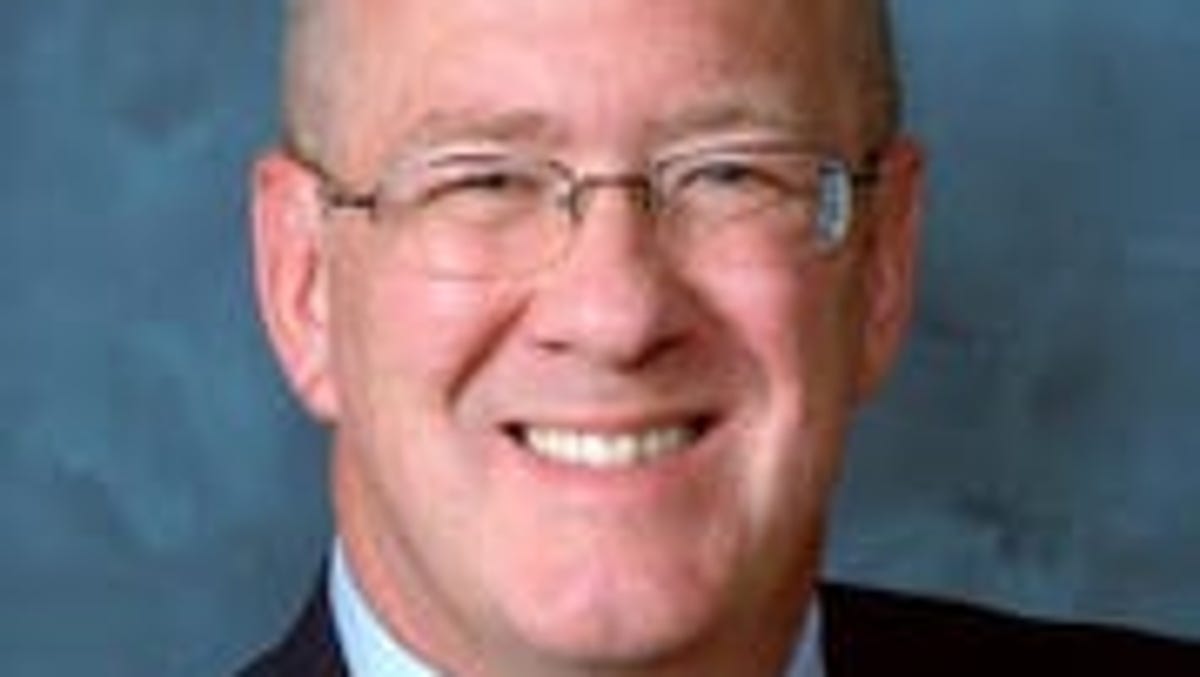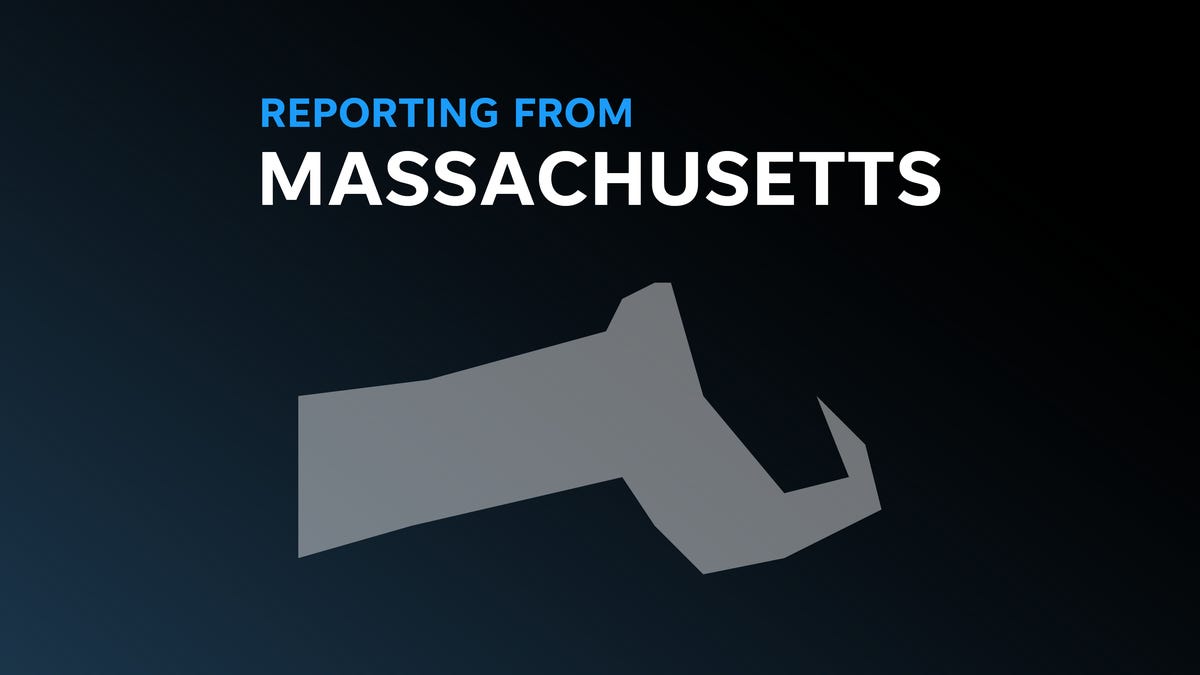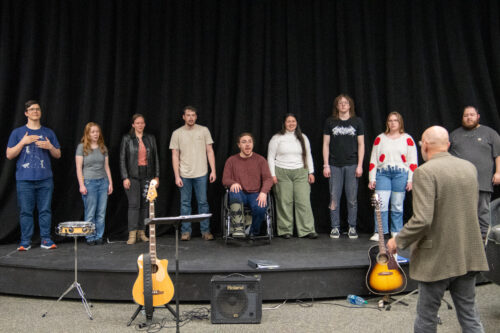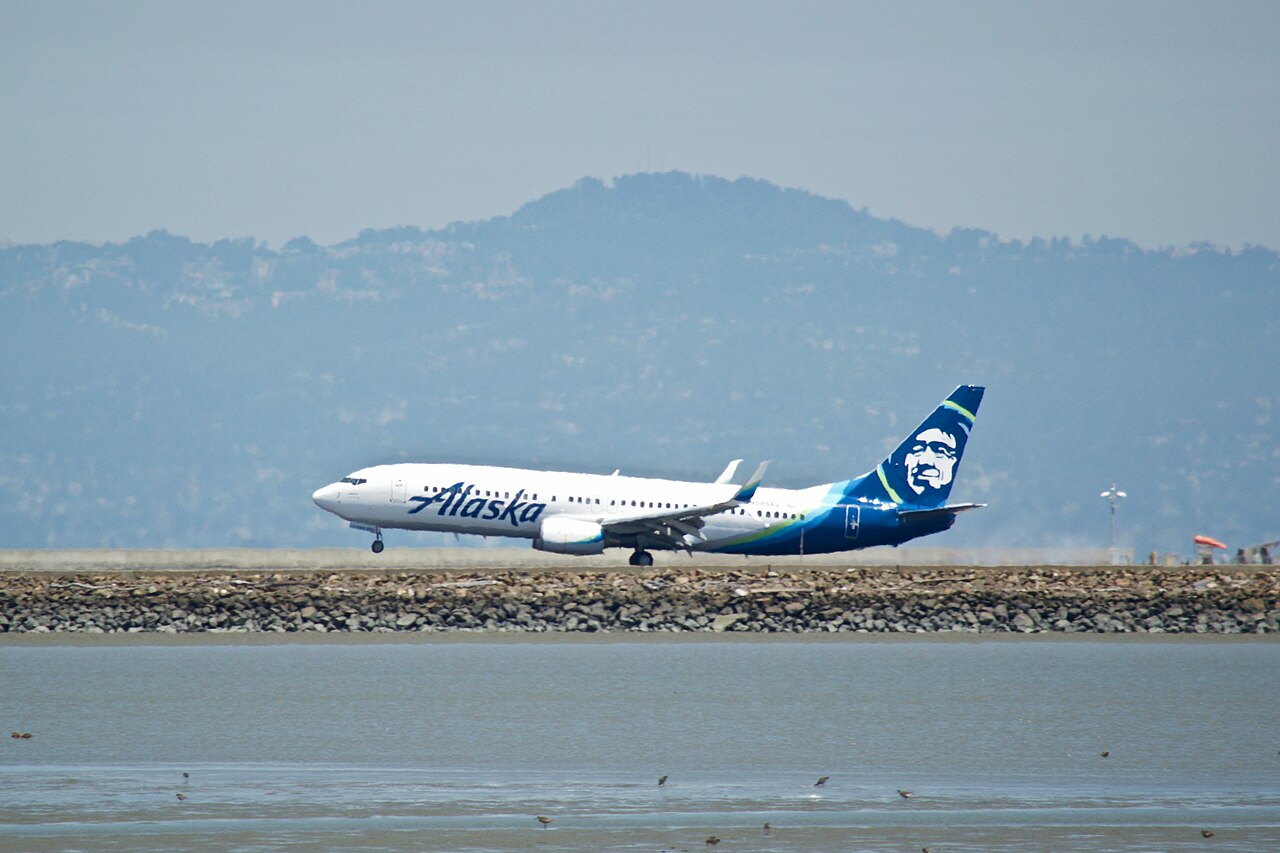Most members of the House supported a bill that aims to expand the number of families that can afford child care and increase child care subsidies so they reflect the actual cost of care.
Rep. Julie Coulombe, R-Anchorage, sponsored the bill and called HB89 a commonsense bill that could build the stateâs workforce and support families.
âIn my district, families are really struggling. The inflation and the energy costs â both parents have to work, thatâs just the reality,â she said. âThey want to go back to work; they canât find child care. Sometimes when they find child care, they canât afford it.â
The bill would increase access for middle-class families by raising the maximum income level to qualify for assistance, and it adds a sliding-fee scale for families who increase their household income so that they are weaned off of subsidies.
The bill would create incentives for the private sector to help with child care costs and access, including a tax incentive for corporations to provide child care benefits to their employees. It would raise the amount of tax credits corporations can claim to $3 million from $1 million.
âItâs a very specific and targeted way to try to incentivize the private sector. I donât think the government can solve this problem; I think everyone needs to kick in,â Coulombe said.
Alaska families shoulder the burden of child care and early education costs, which can be 17% to 34% of family income, according to data from thread, a resource and referral network for child care in the state. Alaska families spend about $223 million a year on early child care and learning; the state contributes about $36 million.
Rep. Zack Fields, D-Anchorage, said the bill incorporates best practices for alleviating the child care crisis, which is a nationwide problem. âThis bill directly addresses the biggest challenge for families trying to go back to the workforce, which is the simple ability to take care of their kids,â he said.
The House passed the bill 35 to 5. Reps. Jamie Allard, R-Eagle River; Ben Carpenter, R-Nikiski; David Eastman, R-Wasilla; George Rauscher, R-Sutton; and Sarah Vance, R-Homer, voted against the bill.
Unaffordable or unavailable child care significantly affects Alaskaâs workforce. According to one study, 77% percent of Alaska parents reported missing work because of child care challenges. Forty percent of Alaskans interviewed for the study said that they or someone in their household had left a job, declined a job offer, or changed jobs because of child care issues in the last year.
Coulombe is an ex officio member of Gov. Mike Dunleavyâs child care task force, which was formed in April 2023 to examine the issue and create recommendations to make child care in the state more available and affordable.
âWeâre trying to make Alaska friendly to Alaska families, and theyâre really struggling, and Iâm hoping this bill will be a step in the right direction,â Coulombe said.
Originally published by the Alaska Beacon, an independent, nonpartisan news organization that covers Alaska state government.

:quality(70)/cloudfront-us-east-1.images.arcpublishing.com/adn/X4NYDQTWZZEJLLGYI5WDT5Z3YU.jpg)

































